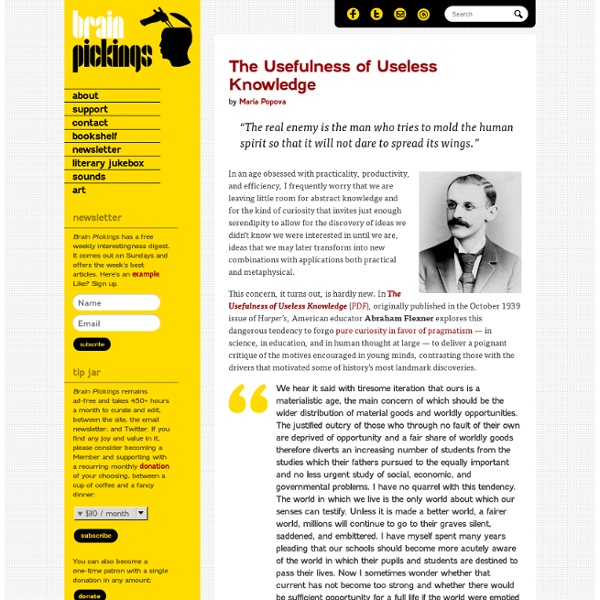KM as market garden or wild garden?
One of my favourite sayings is that if knowledge is organic, KM is gardening. And as all gardeners know, gardening is hard work! Even within the topic of gardening, there is a range of approaches, and we can see that also in KM terms when it comes to how we work with communities of practice. There really are two approaches to “community gardening”, which we can call "select and support" and "seed and promote". The first approach sets the conditions for community growth, lets communities emerge spontaneously, and then selects and supports the ones that are felt to be strategic.
Book Review: Lee Smolin's 'Time Reborn' : 13.7: Cosmos And Culture
iStockphoto.com We physicists are all romantics. Don't laugh; it's true.
Why Socrates hated explicit knowledge, and what to do about it.
Socrates, as reported by Plato in The Phaedrus, was not a fan of explicit knowledge. Explicit knowledge, in those days, meant Writing, and Socrates never wrote anything down - he had a scribe (Plato) to do that for him. He mistrusted writing - he felt it made people stupid and lazy by giving them the impression that they were recording (and reading) real knowledge.
The story of the checklist: Anecdote
Sometimes the simplest interventions can have the biggest impact. In October 1935, US Army Air Corps brass gathered at an airfield in Dayton, Ohio. They’d come to see two aircraft builders pit their planes against each other in a series of trials, with the best-performed aircraft getting its builder a lucrative contract for new long-range bombers.
New clues on origins of Maya civilization unearthed
The Maya civilization is well-known for its elaborate temples, sophisticated writing system, and mathematical and astronomical developments, yet the civilization's origins remain something of a mystery.A new University of Arizona study to be published in the journal Science challenges the two prevailing theories on how the ancient civilization began, suggesting its origins are more complex than previously thought. Anthropologists typically fall into one of two competing camps with regard to the origins of Maya civilization. The first camp believes that it developed almost entirely on its own in the jungles of what is now Guatemala and southern Mexico. The second believes that the Maya civilization developed as the result of direct influences from the older Olmec civilization and its center of La Venta. "We really focused on the beginning of this civilization and how this remarkable civilization developed," said Inomata, UA professor of anthropology and the study's lead author.
Atul Gawande: How Do Good Ideas Spread?
Why do some innovations spread so swiftly and others so slowly? Consider the very different trajectories of surgical anesthesia and antiseptics, both of which were discovered in the nineteenth century. The first public demonstration of anesthesia was in 1846.
Deadly conformity is killing our creativity. Let's mess about more
I began to notice the creativity of the manager of the Pret a Manger coffee shop, close to where I live, after he showed extraordinary kindness to a woman with Down's syndrome in her 20s. Well, maybe it wasn't that remarkable, but it was certainly natural and spontaneous and beautifully done. Having been asked by her carer, the woman cleared their tray and tipped the rubbish into the bin.
Pink Poison, the Surprising New Trend That’s Saving Rhinos
With over 200 rhinos already dead this year at the hands of poachers in South Africa and no signs of the slaughter slowing, some innovative rhinoceros lovers are stepping up their game. Wildlife workers at Sabi Sand, a private game reserve at the southernmost tip of Kruger National Park, have injected a special cocktail into 100 rhino horns, turning them pink in an effort to deter illegal horn hunters. In addition to discoloring the horn, the pink dye can also be detected by airport scanners, even when the horn is ground into a powder to make the high-priced traditional "medicines" that help fuel the killing of rhinos. The hope is to make transport of the illegal product that much riskier. And that's not all. There's poison in the pink.



